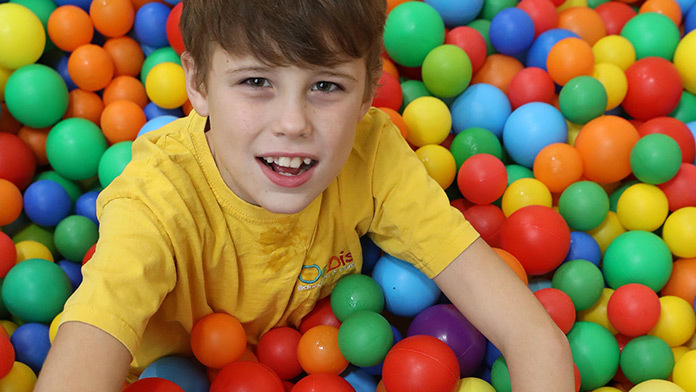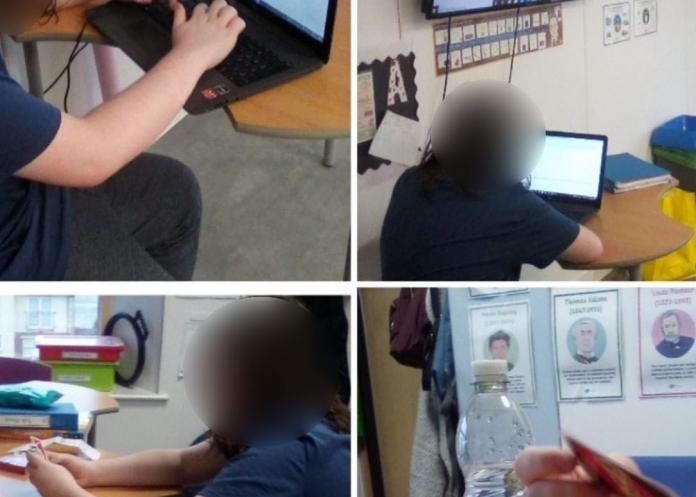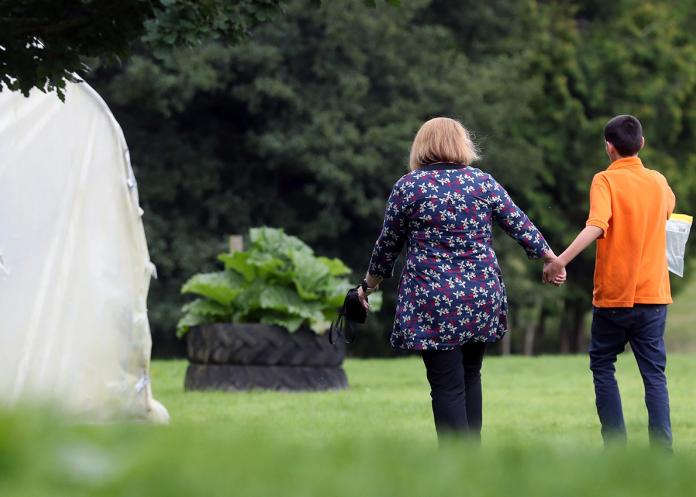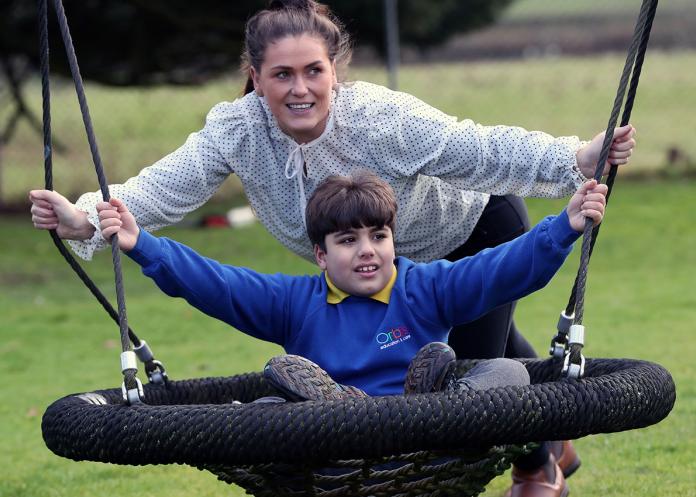Therapeutic Services
Orbis’ holistic, multi-disciplinary model has evolved and improved over a long time as evidence supporting best practice has changed and new and more effective approaches and strategies have been advanced.
Orbis’ model focusses on meeting the individual needs of unique people, and one of the secrets of our success is in our therapeutic approach to care.
What We Offer
Individual Support
No two people are the same. This is especially true when it comes to the children and adults that we support.
There is no ‘one-size fits-all’ model of education and care that can effectively account for vast individual differences.
When Orbis opened Ty Bronllys back in 2006 we wanted to do away with traditional models of education and care. For us, it stood to reason that education would be more effective when tailored to the specific strengths and interests of individuals. Likewise, whilst care used to be thought of as something that a carer does for someone else, the Orbis model always maintained that care is more effective when individuals are taught the skills to get by on their own.
Within this model Orbis’ in-house therapies ensure that every child and adult’s care and therapeutic needs are supported individually, in a way that is most relevant and impactful for them personally.
Positive Behaviour Support
Positive Behaviour Support underpins everything we do at Orbis as it puts the individual at the centre of their own developmental and learning pathway.
Positive Behaviour Support does not recognise the effectiveness of imposing sanctions or restrictions in the presence of ‘negative’ behaviour. Instead it seeks to celebrate and reinforce positive behaviour, so that people learn to replace negative patterns with patterns of positive behaviour.
Positive Behaviour Support also aims to understand the function of behaviour. Functional assessments and analyses help us to understand the function and communication behind behaviour. Once this function can be understood, our team can begin to devise proactive strategies that help to empower the individual so that they can recognise and take ownership of their emotional and physical responses, thus helping them to avoid and reduce anxiety.

Active Support
Active Support is a person-centred approach to supporting children and adults with a disability. The aim is to ensure that people with even the most significant disabilities have ongoing daily support, to be engaged in a variety of life skills and activities, and to have access to a wide range of life opportunities.
Active Support maintains that everyone should have access to a life that is socially-valued and fulfilling, and that people with a disability should be able to make their own choices, to have roles and responsibilities, and to play an active part in their community, enjoying the dignity, respect and status that results from this.
Our Academy Living initiative is a perfect example of Active Support made real. Academy Living offers a wide range of learning pathways that focus on life skills, independence and work skills.
The initiative allows young people and adults to gain and practice skills in a hands-on real-world working environment at The Orb which comprises of a café, shop, kitchen, laundry and office. For us, each environment is a learning environment, but located on the high street, where customers can come in for a browse or a snack.
At The Orb children and adults work with support from their care workers, meeting and serving customers, handling money, preparing drinks and snacks, stocking the shelves, cleaning, ironing and pricing up the stock. They can cook, clean or make a start on their CV, or learn how to use email or social media. Learning pathways are tailored to each individual.
Occupational Therapy
Occupational therapy is key to promoting independence within all of our homes and schools here at Orbis.
Working closely with our Speech and Language Therapists and Positive Behaviour Support team our Occupational Therapists play a vital role in supporting individuals to learn life skills and personal care and to more effectively process the world around them.
From practical and visual aids and adaptations including work schedules, symbols and timetables, to mindfulness and other creative and practical strategies, the Occupational Therapy team provides children and adults with effective strategies for understanding their environment.
Speech & Language
Many individuals with autism can find it hard to communicate with and relate to other people, and many of our children and adults have diagnosed communication needs. Many are partially or non-verbal and yet we know that with the right support, every individual can have a voice, communicate their needs and desires and be understood.
Speech and Language therapy plays a vital role in helping the people we support to communicate clearly and effectively. Our children and adults can be provided with a communication plan and pathway that aims to support and improve their use of language over time.
Our experienced staff use a combination of PECS and Makaton, signs, symbols and gestures. Our model follows a Total Communication approach that recognises that each individual potentially has a specific set of communication needs, and that can be flexible in not only meeting those needs but in improving communication over time.
What Is Autism?
Autism is a lifelong developmental spectrum condition. It affects how people perceive the world and interact with it. More than 1 in 100 people are believed to be on the autism spectrum, with an estimated 700,000 people diagnosed in the UK. Being a spectrum condition this means that autism affects individuals differently.
Some people with autism are able to live completely independently with a family, qualifications and a career.
However for others, autism and its associated conditions can result in the individual experiencing a learning disability and having complex social, communication and sensory needs. Some require lifelong care, while others are able to live partially or fully independently.
Some people with autism have other diagnoses such as ADHD, Tourette’s and epilepsy whilst others have needs relating to attachment and anxiety.
At Orbis, we know that people with autism can learn to cope with and interact with other people and their surroundings, and be active and positive members of their local communities. With the right support in place we know that every individual can live a full and successful life that is socially valued and fulfilling..


